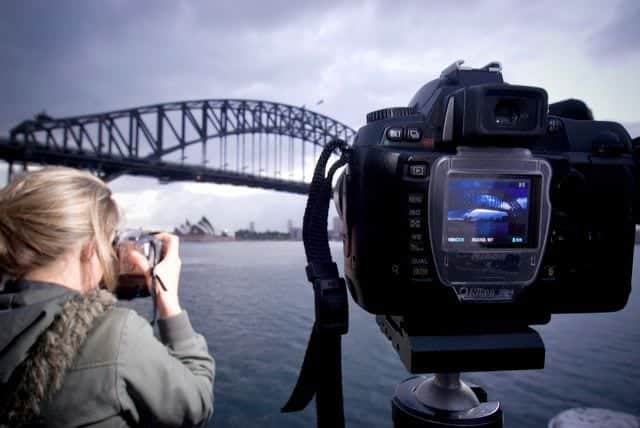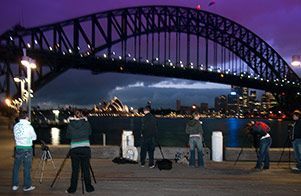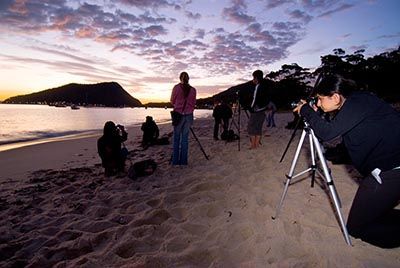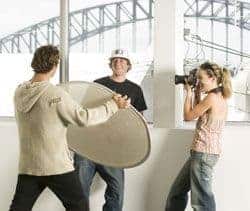The traditional path to professional photography started with a formal education at a brick and mortar college. Students could assist photographers during or after graduation for hands on practical experience before establishing their own businesses.
Now, just as with photography itself, education has been disrupted by technology. Potential pro photographers can learn online through random YouTube videos or via informal training.
So is it worth investing $25 000 or more to attend university for a career in photography? Judged by economics alone, no it is not. You could watch how-to movies for free on the skills you would like to learn.

What prompted this post is I’ve started to see more and more pro photographers with gaps in their knowledge. The profession of photography is constantly changing and most of us subscribe to Continuing Professional Development. However CPD is built on top of foundation skills embedded at the beginning of our career.
With formal training there is a syllabus starting with the basics. It’s frustrating because most students have been keen enthusiasts so already know some of the basics of photography. Reviewing the basics is important because it irons out bad habits and fills the gaps in knowledge.

Some professions and trades are best learnt hands-on, face-to-face along with other students. That includes photography. You share the learning and find answers to questions asked by other participants. You learn faster face-to-face with tutors who can immediately review progress. Of course you can support the learning with online videos and yes even from books. Being a student is the time to make mistakes and grow from them, as well as those made by your cohort.
Aside from the practice you learn the theory and history of photography. You will challenge and debate one another especially as photography is based in science and art.

Tutors are practicing or retired professionals with a direct connection to the industry. These experienced practitioners who are qualified teachers know how to explain, demonstrate and inspire. Not all universities are equal and neither is the quality of their teaching. Shop around for the best college and tutors for you and your needs. Get opinions on the course from professional photographers and recent graduates.
Guest speakers give you access to successful professional photographers who willingly share their knowledge. Even better, potential clients such as art directors visit to give advice, folio reviews and valuable networking opportunities. Accredited courses will have links to professional associations with access to student membership and a pathway to full membership.

Learning at a brick and mortar college gives you access to facilities and professional equipment. Suppliers of pro equipment and software will offer discounts (sometimes free software licenses) in order to gain you as a lifetime customer.
Do clients care if you have qualifications? Most don’t but surprisingly many do particularly when dealing with other professionals and government. Being qualified has allowed me the opportunity to write courses, teach at colleges and run training programs.
Value can be measured many ways not just in dollar terms. If you are fortunate enough to have the option to study photography look at it holistically. Only decades after graduating can I now see how valuable the experience was.
The biggest takeaway for me from tertiary study was being on campus. The infectious passion of fellow students and tutors. The aspirational and youthful collective hope for the future. The opposing viewpoints and debates challenging the status quo. Both joining and being involved in the student association. Access to a fabulous library of books, monographs and journals; both current and long out of print. I loved my university education and it serves me well two decades later.